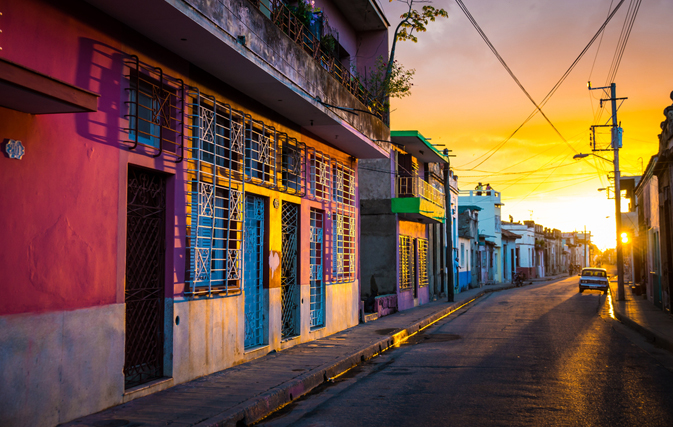TORONTO — The Canadian market has been a “challenge” this year for the Caribbean, with visitor traffic from this market dropping 3.7% for the first six months of 2016. But there’s still time to end the year on a positive note, and travel agents play a big role, says Hugh Riley, Secretary General for the Caribbean Tourism Organization. Asked what percentage of Canadian bookings to the Caribbean are coming through travel agents, Riley said he didn’t have an exact figure (“we wish we did”) but asserted that more than ever these days, “travel agents have become very important influencers”. Especially, to Riley’s own surprise, with Millennials.
There’s a lot of talk about influencers these days, most of it centered on social media. Travel agents are influencers just as much as bloggers and other social media stars, and to add punch to their power, they can make the bookings.“People still want to deal with a human being,” said Riley. “The number of travel agencies may have shrunk but those that remain are clearly stronger and more valuable as an asset.”
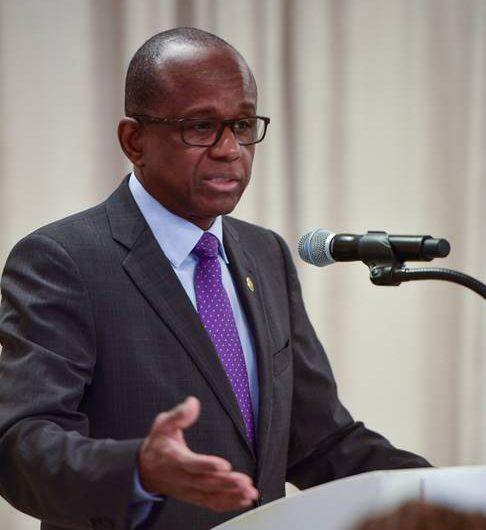 The Caribbean is seeing the same trend as other regions in the world – that Millennials are the group more likely these days to book through a travel agent. “I had to ask my team to check twice when I heard that,” said Riley at yesterday’s CTO Caribbean Media Day.
The Caribbean is seeing the same trend as other regions in the world – that Millennials are the group more likely these days to book through a travel agent. “I had to ask my team to check twice when I heard that,” said Riley at yesterday’s CTO Caribbean Media Day.
Last year saw a 4.5% increase from the Canadian market but this year got off to a rough start for the Caribbean, said Riley, a scene that played out in other regions around the world. Zika fears, a mild winter and a weak Canadian dollar put a damper on bookings and the first quarter saw a 3.9% drop from this market, and in the second quarter, a 3.3% drop. Year to date some 2.1 million Canadians have travelled to the Caribbean. Some 61% come from Ontario. The CTO has long worked hard to generate more traffic from the West but there are practical challenges, says Riley. “Canada is a big country, and the distances are a challenge. People want to fly and get to the beach in one day.”
Cuba remained the top Caribbean destination for Canadians during the first half of 2016, receiving over 527,000 visitors. That was down 4.3% when compared to last year.
Eight of the 24 reporting destinations recorded growth, with highs of 24.9% in the Turks and Caicos Islands and 14.1% in Suriname. Barbados, Curacao, Dominican Republic, Guyana, St. Maarten and St. Vincent & the Grenadines registered moderate growth, said Riley.
While the Canadian market faltered, worldwide visitor arrivals to the Caribbean grew by 5.2% during the first half of this year, for a six-month total of 15.7 million tourist visits, more than 775,000 more than in the first half of 2015.
So far, said Riley, the overall performance in 2016 “has remained above trend” and in line with the CTO’s projected 4.5 – 5.5% rise, which would take the Caribbean over the 30 million mark for the first time ever.
Asked if the perceived risk surrounding the Zika virus played a role in Canada’s decrease in visitors, Riley said “we know it hasn’t helped”.
“We haven’t seen massive cancellations but it certainly is a concern,” he said. “What is harder to know is if there has been missed business. The good news is that our business continues to increase. We have to learn how to get accurate information into people’s hands so they can make informed decisions. And when we do that, we find they do make the decision to travel.”
Meanwhile the sharing economy is transforming travel in the Caribbean just like in other parts of the world. “Airbnb is a dominant player now,” said Riley, noting that the Caribbean now has more than 30,000 Airbnb listings. “The consumer is speaking and determining the success of the sharing economy. We’re watching it and dealing with it. If people want to spend more time in the Caribbean, to get into our communities and see how we live, then of course they’re going to be interested in Airbnb. That’s the advantage of the sharing economy. The downside is, what is it doing to our employment? What is it doing to our taxation?”
The Caribbean’s hotel room occupancy declined by 2.6% to 70.1% in the first half of 2016, while the average daily rate fell by 2.8% to $240.85. Revenue per available room was $170.45, down by 6.1%.
The slumps were influenced by a 1.2% rise in room stock and a 2.3% fall in demand, attributed in part to the sharing economy.
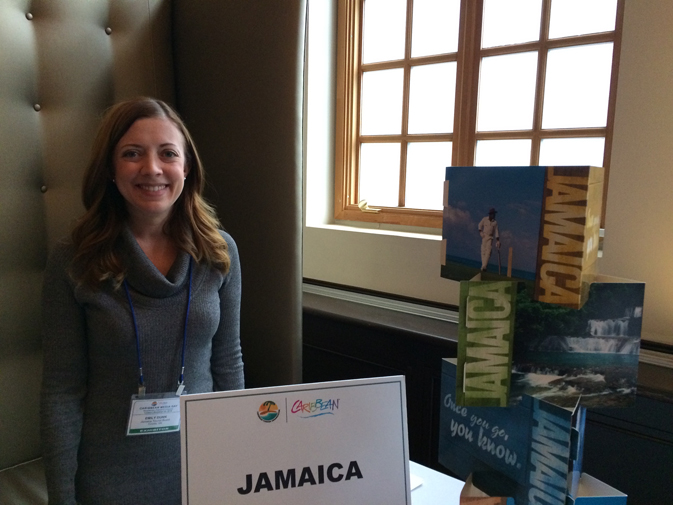
Emily Dunn, Jamaica Tourist Board
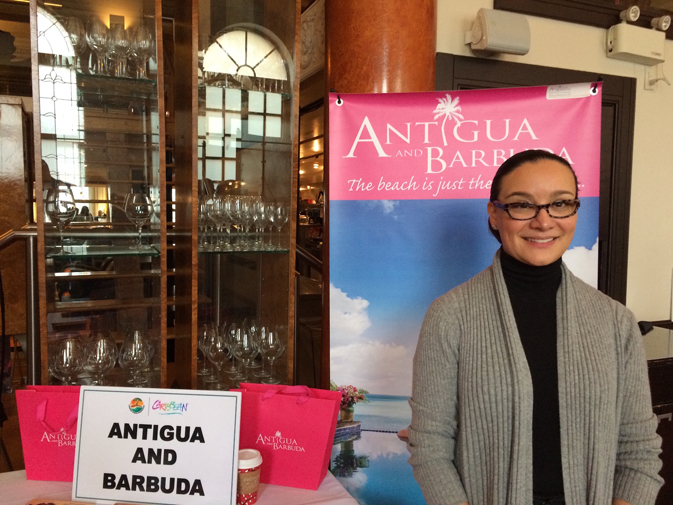
Monica Garcia, Antigua & Barbuda
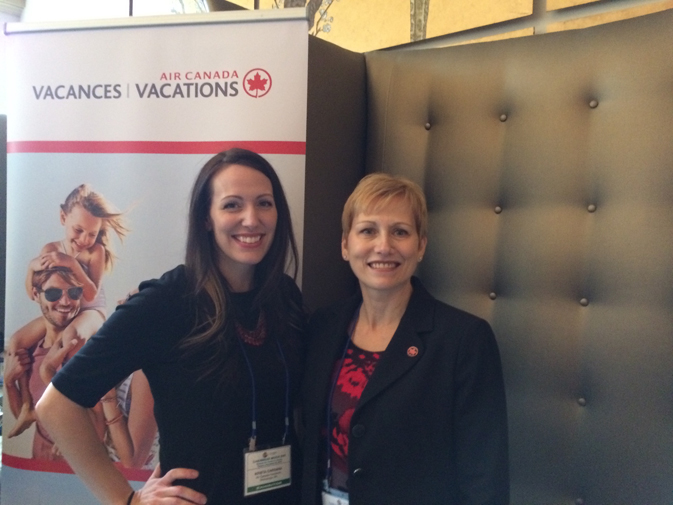
Air Canada Vacations at CTO Day

